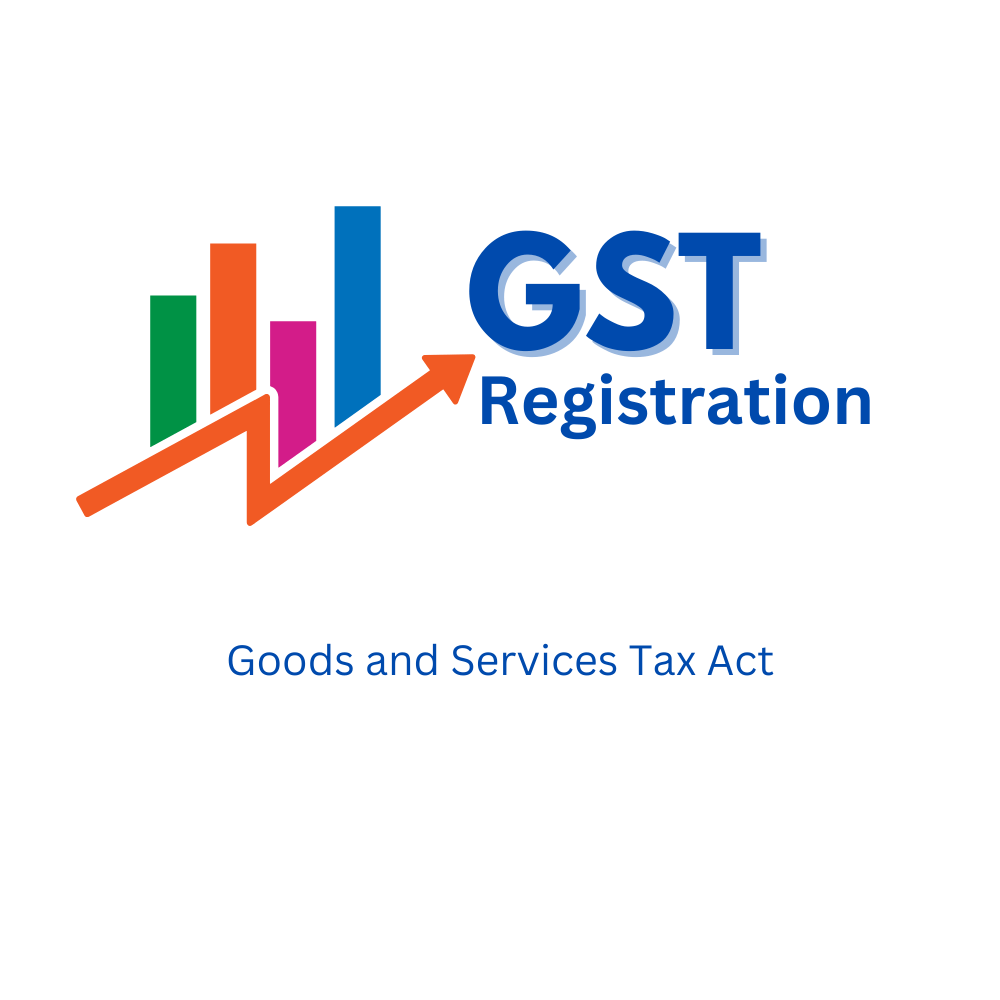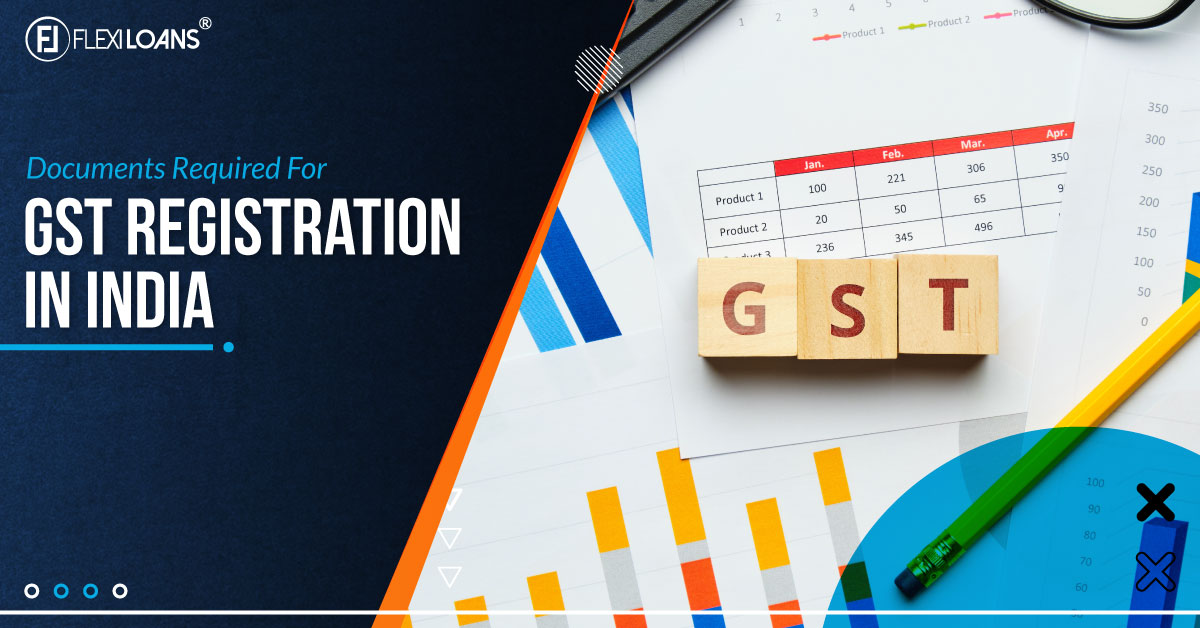Comprehending the Advantages of Singapore GST Registration for SMEs
Comprehending the Advantages of Singapore GST Registration for SMEs
Blog Article
Maximizing Tax Performance: Specialist Tips on Browsing the GST Enrollment Labyrinth for Local Business
Navigating the elaborate landscape of Goods and Services Tax Obligation (GST) enrollment can be a labyrinthine job for small organizations aiming to optimize their tax efficiency. Understanding the qualification standards, meticulous documentation needs, critical timing factors to consider, and skilled enrollment process suggestions can considerably impact a company's monetary standing. Compliance with GST regulations is paramount, and sticking to ideal techniques can improve procedures and avoid potential pitfalls. In this discussion, we will explore experienced insights and actionable advice that can encourage local business to browse the GST enrollment puzzle successfully and optimize their tax obligation effectiveness.
Qualification Criteria
Eligibility needs for Small Company GST Registration encompass certain requirements that organizations need to meet to abide with tax policies. To certify for GST registration, an organization should have an annual turnover exceeding the threshold set by the tax obligation authorities, which differs by country.

Documentation Requirements
To successfully complete the process of GST registration, local business have to guarantee they have all necessary documentation in order. The required paperwork usually consists of evidence of business enrollment or address, identification and unification proofs of the company proprietor, photos, savings account details, and proof of the principal area of service. In addition, businesses require to supply information of their company tasks, including the services or goods provided. It is essential to ensure that all papers are accurate, as much as date, and in the defined style to avoid hold-ups or denials during the enrollment process.
Apart from the obligatory files, services might additionally be called for to submit extra information based on their certain conditions. This can include papers connected to collaborations, the consent of notaries, or any other relevant contracts. Keeping all essential documents organized and easily obtainable can enhance the registration process and aid companies adhere to the demands efficiently - Singapore GST Registration. Failing to give the required paperwork may lead to hold-ups or perhaps denial of the GST registration application. Thorough interest to information and adherence to the documentation guidelines are essential for an effective GST enrollment process for tiny organizations.
Timing Factors To Consider
Considering the vital documents demands have actually been thoroughly addressed, the next essential facet for local business getting started on the GST enrollment procedure is the calculated administration of timing factors to consider. Timing plays a pivotal function in GST enrollment, affecting not only conformity yet likewise monetary facets of business. Local business need to very carefully intend the timing of their GST enrollment to optimize advantages and decrease potential dangers.

Additionally, companies need to line up the timing of their GST enrollment with their operational preparedness. Ample preparation, such as upgrading accounting systems and training staff, is essential to perfectly incorporate GST needs right into daily operations. By strategically taking care of timing factors to consider, tiny companies can navigate the GST enrollment process efficiently and optimize their tax obligation efficiency.
Registration Refine Tips
Successfully navigating the GST registration procedure calls for tiny companies to carry out strategic and proactive registration process tips. One essential tip is to make certain all necessary records are readily offered prior to beginning the registration process. This consists of organization webpage registration files, proof of address, financial institution declarations, and recognition evidence of business owners. Confirming the accuracy of the details provided is just as vital to protect against rejections or delays.
Furthermore, understanding the limits and needs for GST registration based on the details state or region where the organization runs is essential. Some states have different turnover thresholds that trigger required enrollment, so being educated about these thresholds can assist businesses prepare ahead.
An additional beneficial suggestion is Bonuses to consider looking for specialist assistance from accountants or tax professionals who concentrate on GST enrollment. Their expertise can streamline the procedure, lower mistakes, and guarantee compliance with all policies.
Compliance Ideal Practices
Little organizations have to prioritize conformity to prevent penalties and keep a great standing with tax obligation authorities. Little company owners should consistently review federal government standards and seek specialist recommendations if needed to guarantee they are fulfilling all requirements. By incorporating these conformity best methods into their operations, little companies can navigate the intricacies of GST registration with self-confidence and efficiency.
Final Thought
In final thought, local business can navigate the GST registration labyrinth by ensuring they fulfill qualification criteria, collect needed documents, consider timing ramifications, adhere to enrollment procedure pointers, and stick to conformity ideal methods. By optimizing tax obligation effectiveness via appropriate GST enrollment, businesses can improve their economic management and operations.
Navigating the intricate landscape from this source of Product and Services Tax (GST) registration can be a labyrinthine job for little services aiming to maximize their tax performance.Eligibility demands for Small Service GST Registration encompass particular requirements that companies should meet to comply with tax regulations. The needed documentation typically includes evidence of business enrollment or address, unification and identification evidence of the company owner, pictures, bank account information, and proof of the primary area of business. Additionally, services need to give information of their service tasks, including the items or solutions supplied.Efficiently browsing the GST enrollment process calls for little services to carry out calculated and proactive enrollment process ideas.
Report this page